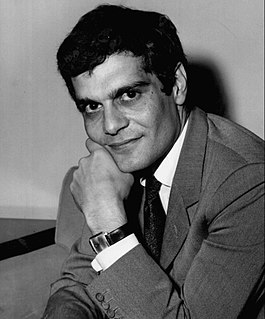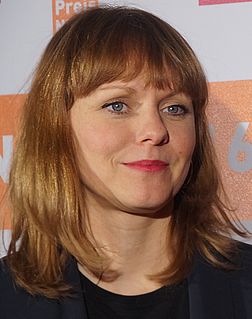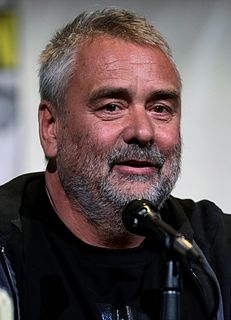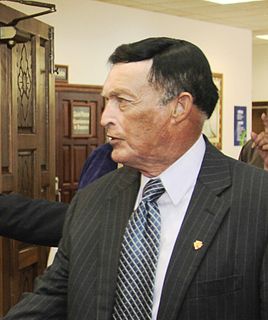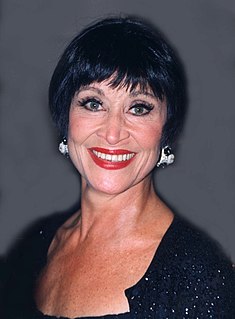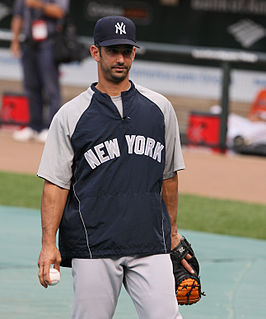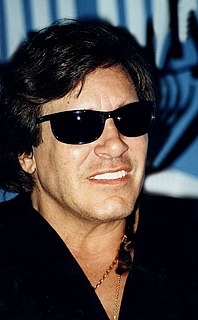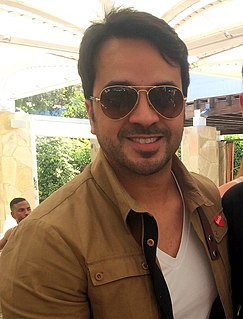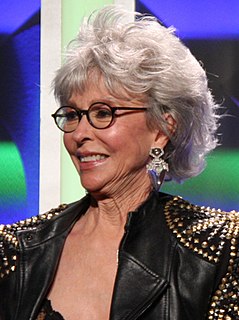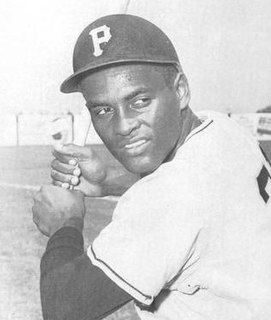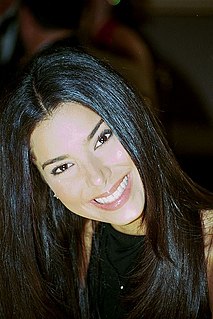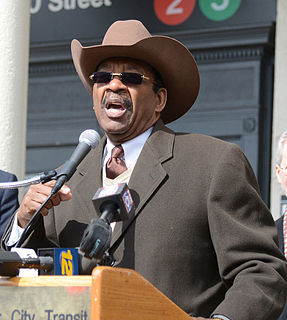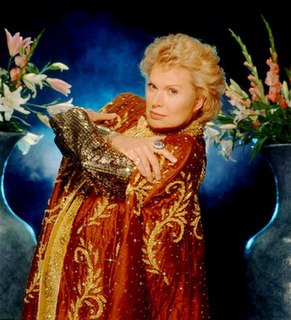A Quote by Alex Abreu
It's a film made in a very radical creative manner. It was possible because we didn't have to pander to capitalism. I think the film is also a humanistic cry for help for animation. It's a film [Boy and the World] with sensitivities completely opposite to what the market wants to sell.
Related Quotes
Priyanka Chopra has produced a Marathi film. Even John Abraham announced he wants to make a Marathi film. Suddenly everyone wants to jump on the bandwagon. Shah Rukh, Rohit Shetty also want to do a Marathi film. There is an awareness. But I hope they don't come and spoil the market by making their kind of cinema.
It's Steven's [Sebring] view of what he saw in traveling and working with me. But on another scale, I think the film [Dream of Life] is very humanistic: It touches on motherhood, death, birth, art, laundry, anger against the Bush administration... While I don't think it's the kind of film where one goes to find some of the darker, edgier aspects of life, the film was born of grief.
Animation, for me, is a wonderful art form. I never understood why the studios wanted to stop making animation. Maybe they felt that the audiences around the world only wanted to watch computer animation. I didn't understand that, because I don't think ever in the history of cinema did the medium of a film make that film entertaining or not. What I've always felt is, what audiences like to watch are really good movies.
For me, it was always clear that Toni Erdmann is more a film about what globalization, capitalism, does with private relationships much more than making a "political" film. It's more interesting to raise questions, because I don't feel in a position to "make a statement" with the film. Toni Erdmann comes from a completely different generation then his daughter, it's the post-war generation, they were very politically engaged. They raised their children with a lot of human worldviews, sent them out in the world believing in a world without borders.
This was only Taika Watiti fourth film [Hunt for the Wilderpeople], but I think he brings a very original way of looking at stuff and I think if you look at Boy, for instance, which is a beautiful film, that was his second feature, and it's heartbreakingly sad, but it's also simultaneously very funny. There are not many people who can do that.
You know, it's not my film [Valerian], it's really their film. It's very strange. And maybe because it's more when you comes to the Marvel films it's way much more organized and plan, you know, they planned. Okay, we have Thor here, we have this and then we do The Avengers, and then we group. You know, it's much more organized. So maybe there is a little less freedom at the end for the creative people. Where I did the entire opposite. I let them help me, you know. So that's also why maybe they were so involved.
Even if the film doesn't come out quite as you'd hoped, the process can also be very rewarding. I feel that way about a film called 'Lay the Favorite' that I made with Stephen Frears. I did that because the character was a real leap for me. The film doesn't quite all add up internally, but I feel very proud of what I did on it.

